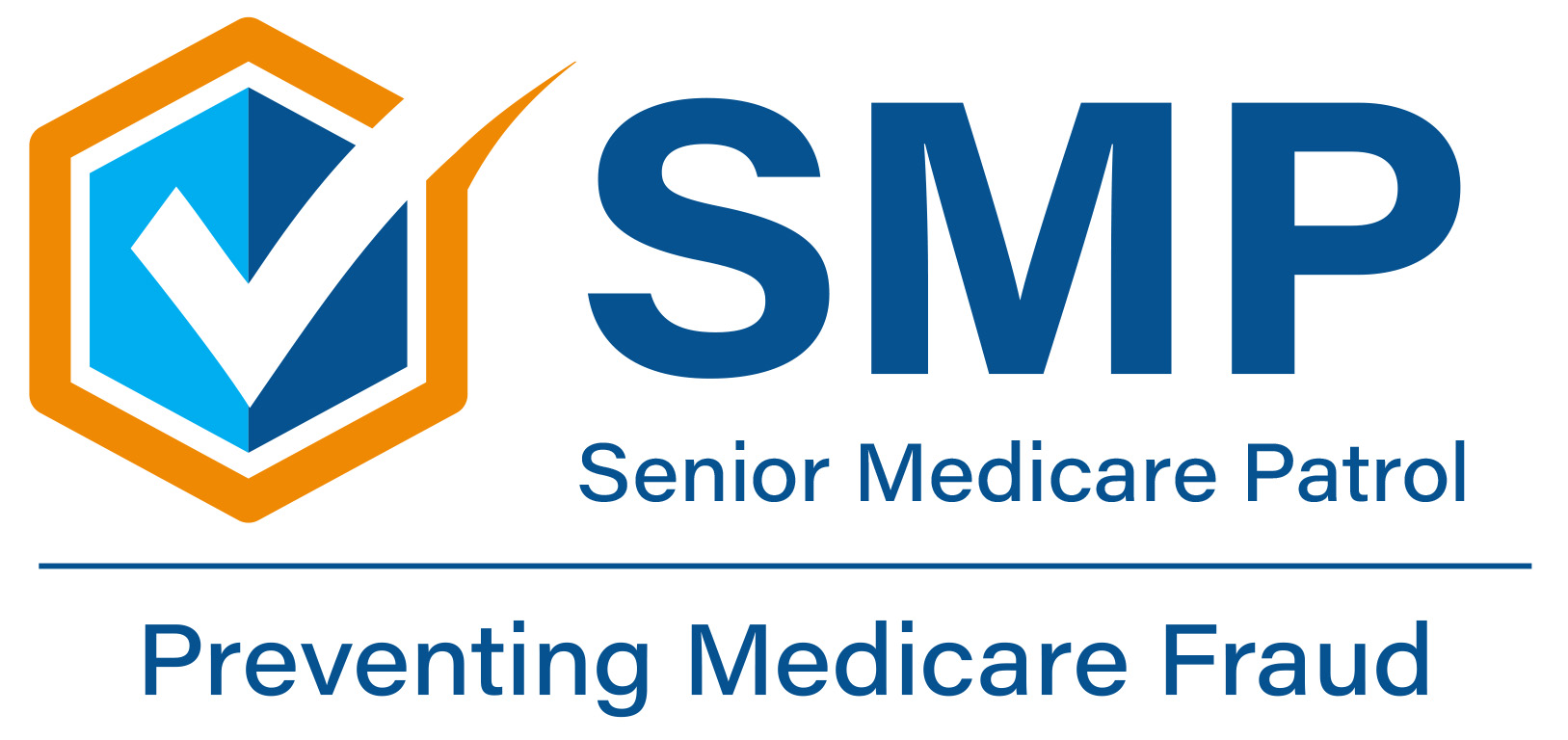
Bad actors may spoof the number that appears on your caller ID so that an incoming call seems to be from a government agency or a health provider that you already know and trust. They do this to entice you to answer. When you pick up, a scam caller usually starts chatting you up to engage you, asking you conversational questions to put you at ease. The caller is trying to get your personal information, such as your Medicare card number, your Social Security number, or other health insurance identification. Read about precautions to take and tips to avoid spoofing scams in an article from the Federal Communications Commission. In addition to the resources in the article, report possible fraud, errors, and abuse to the Senior Medicare Patrol.
